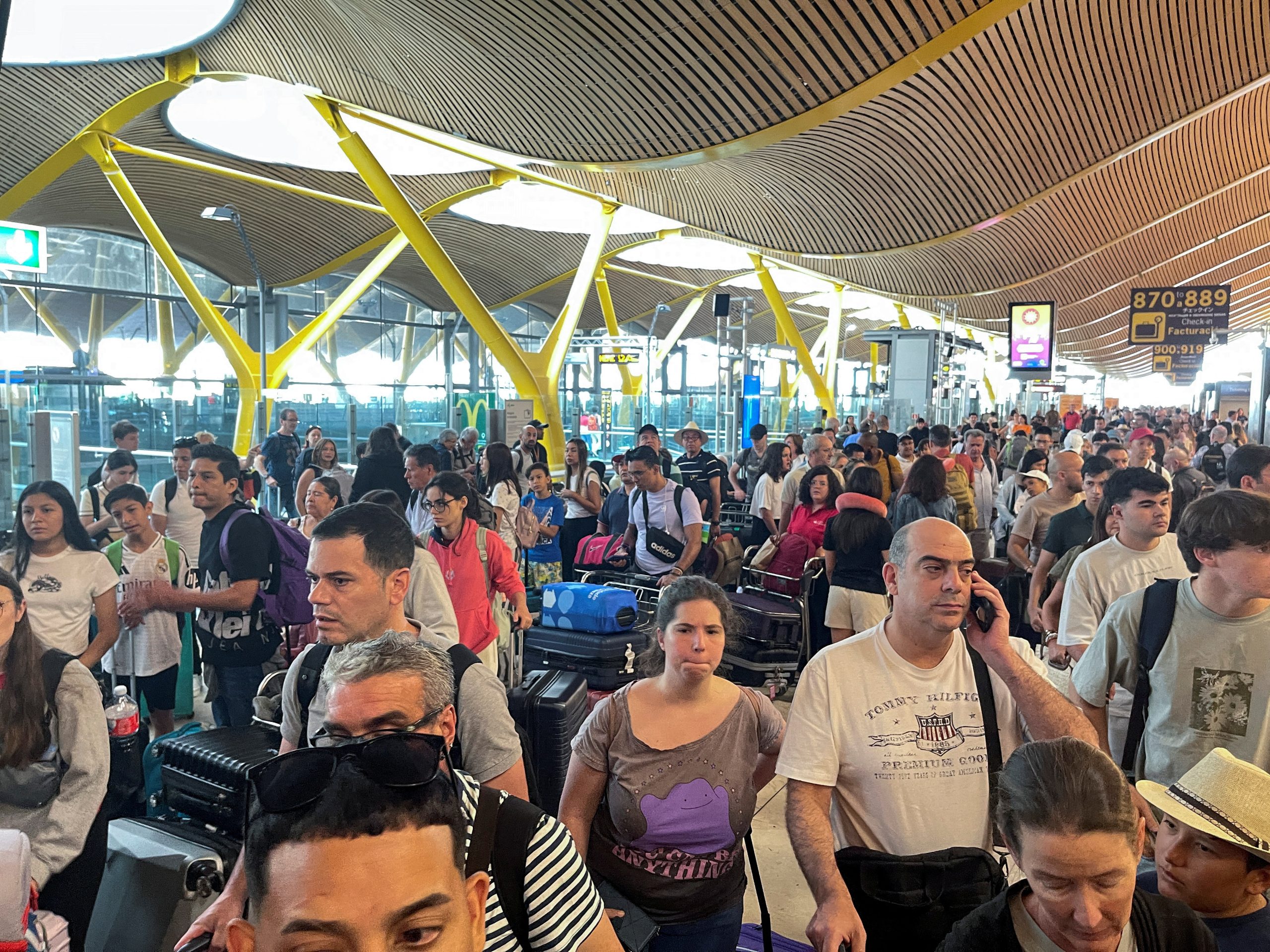Risks in Interconnected World
On July 19, a global tech outage triggered by a software update from cybersecurity firm CrowdStrike caused widespread disruptions across various industries, underscoring the vulnerabilities of an increasingly interconnected digital world. The incident, which affected sectors from travel to finance, highlighted the risks associated with the heavy reliance on a few technology companies.
This amplification means that a disruption in one part of the world can have far-reaching consequences, affecting everything from financial transactions to healthcare services and communication networks. The interconnected nature of these systems makes it imperative to understand and mitigate the risks associated with global tech outages.
Importance of Redundancy

One of the most effective ways to mitigate the impact of a global tech outage is through the implementation of redundancy systems. Redundancy involves creating multiple pathways or backups for critical functions, ensuring that if one component fails, others can take over without disrupting the overall system. This approach can significantly reduce the risk of cascading failures and minimize the impact of outages on interconnected systems.
Cross-border Data Flow Risks
The reliability of cross-border data flows significantly impacted by global tech outages. In an interconnected world, data often needs to travel across multiple borders to reach its destination. A disruption in one part of the network can affect data flows on a global scale, leading to delays, data loss, and other issues. Ensuring the reliability of these data flows is critical for the smooth functioning of international business, communication, and other activities.
The interconnected nature of our world increases the vulnerability to global tech outage risks. As systems and networks become more intertwined, the potential for widespread disruptions grows. Addressing these vulnerabilities requires a comprehensive approach that considers the complexities of cross-border data flows and the potential impacts of global tech outages on these systems.
Impact on Various Industries

Air Travel
The airline industry was hit hard, with 2,691 flights canceled globally as carriers struggled with scheduling disruptions. Airports from Los Angeles to Singapore resorted to using handwritten boarding passes, causing extensive delays.
Financial Services
Banks and financial institutions experienced significant disruptions, with traders facing issues executing transactions. The London Stock Exchange’s news and data platform, along with other critical services, affected but restored by midday.
Healthcare
U.S. healthcare providers reported that call centers, patient portals, and other operations were impacted. Major hospitals like Mass General Brigham and Tufts Medical Center had to limit services and warned of delays.
Government and Market Reactions

U.S. President Joe Biden was briefed on the situation, and U.S. Secretary of State Antony Blinken stated that the outage did not appear to be a malicious attack. However, the U.S. Cybersecurity and Infrastructure Security Agency noted that hackers were exploiting the outage for phishing and other malicious activities. Wall Street saw a sell-off driven by tech stocks, with the Cboe Volatility Index reaching its highest level since May.
Conclusion
The global tech outage caused by CrowdStrike’s software update serves as a critical lesson in the vulnerabilities of our interconnected digital world. As services gradually return to normal, the incident underscores the importance of robust cybersecurity measures and the need for diverse technological solutions to mitigate such widespread disruptions in the future.




